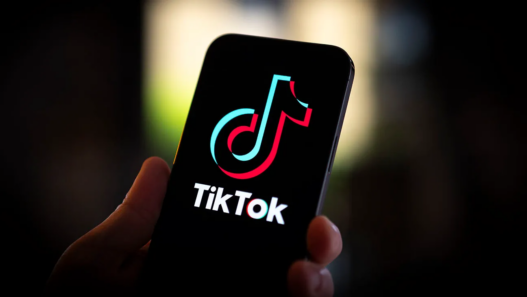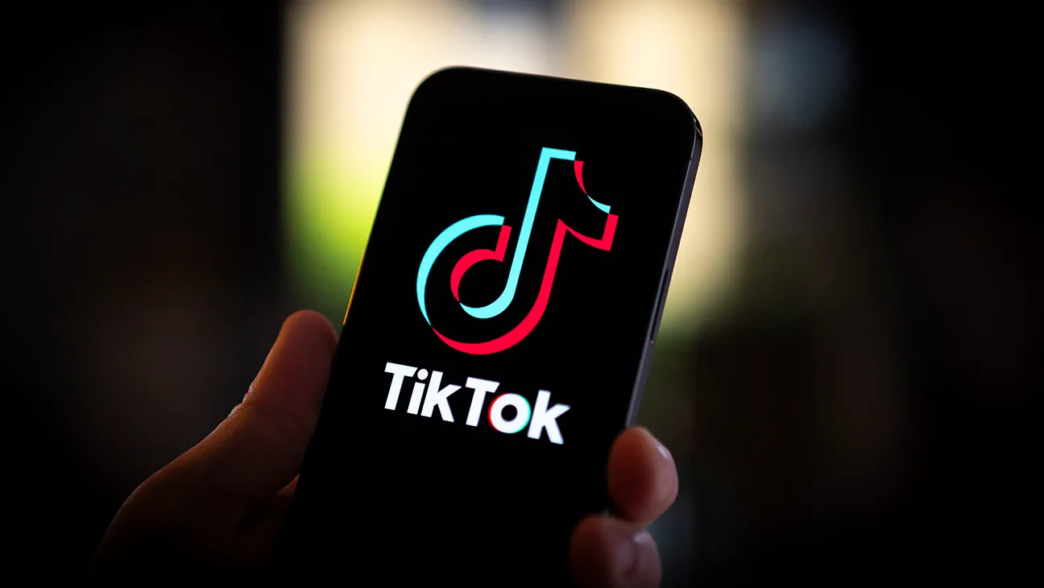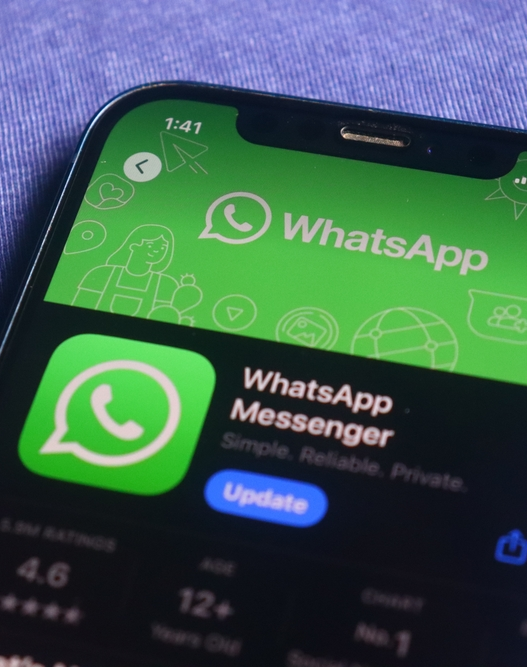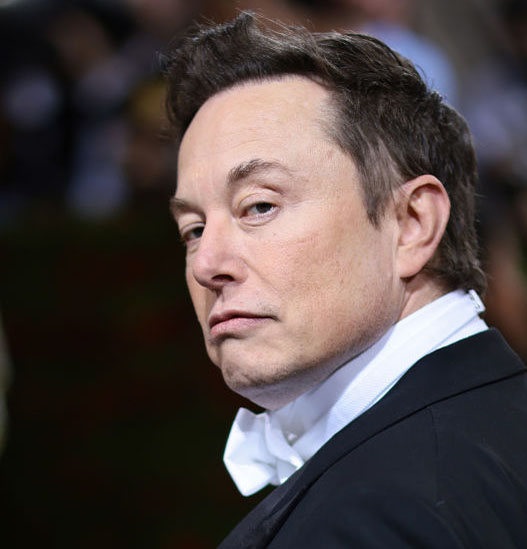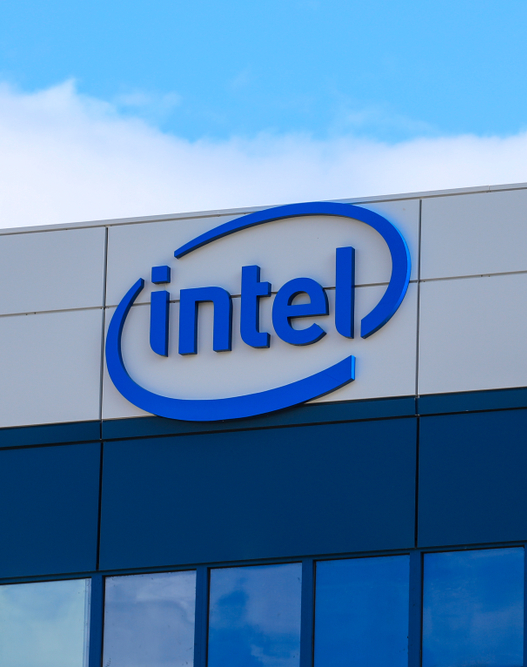The social media platform will combat effects that alter color, size, or other facial aspects. Obvious and humorous filters will still be allowed.
Changes to TikTok’s Filter Policy
TikTok has announced that it will take measures regarding the use of filters aimed at “beautifying” people. Users under the age of 18 will not be able to use this feature. Additionally, there will be explanations on how the tool changes appearance. Filter creators will also receive alerts about potential unintended consequences these effects might have.
The information is outlined in a blog post targeted at the European market. It is not yet known whether these restrictions will apply globally or only to the Old Continent.
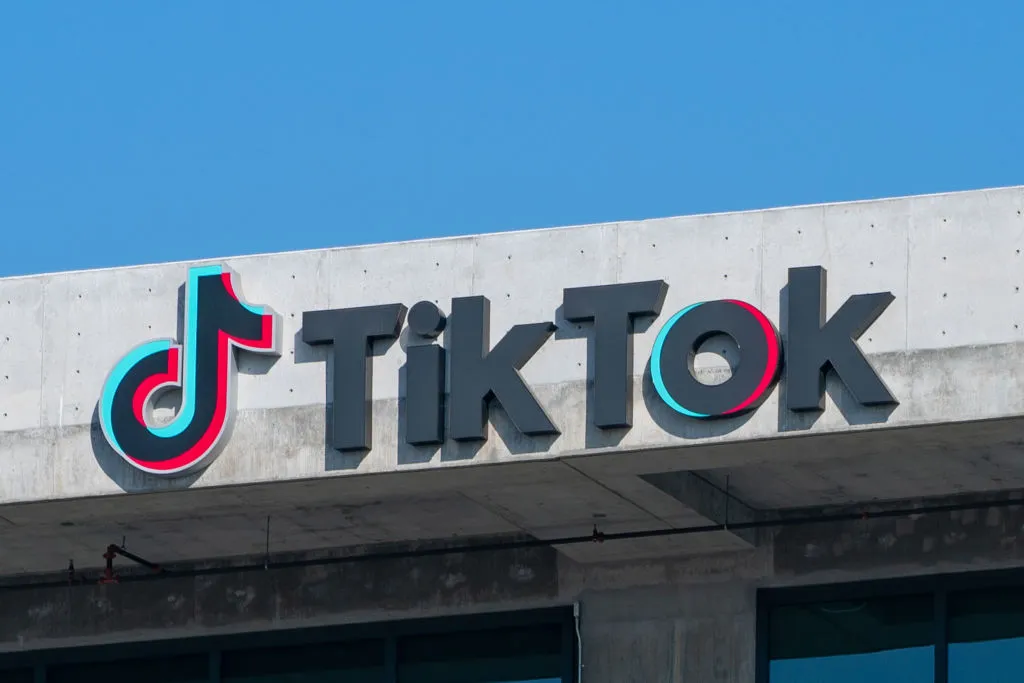
Insights from Research
According to the platform, the changes are based on a report from the nonprofit organization Internet Matters, with feedback from parents and teenagers. The study identified “new insights on how adolescents use effects and their impact on their sense of identity.”
One of these insights is the distinction between obvious and fun filters (like cat ears, for example) and filters designed to alter appearance, such as changing eye color, mouth size, skin, nose, and other features. The problem lies with the latter type.
“By fostering a culture of authenticity, respect, and support, we can create a digital world where everyone feels empowered to be who they truly are,” TikTok wrote.
Technology to Identify Users Under 13
In addition to the new measures involving beauty filters, TikTok has reported that it is testing how to use machine learning to prevent users under 13 from being on the social network. This is the minimum age required by the platform.
The technology will be used to identify potential accounts below this limit. Specially trained human moderators will then review these profiles, deleting them if they believe the account belongs to a child or teenager. If there’s an error, users will have the opportunity to appeal the decision.
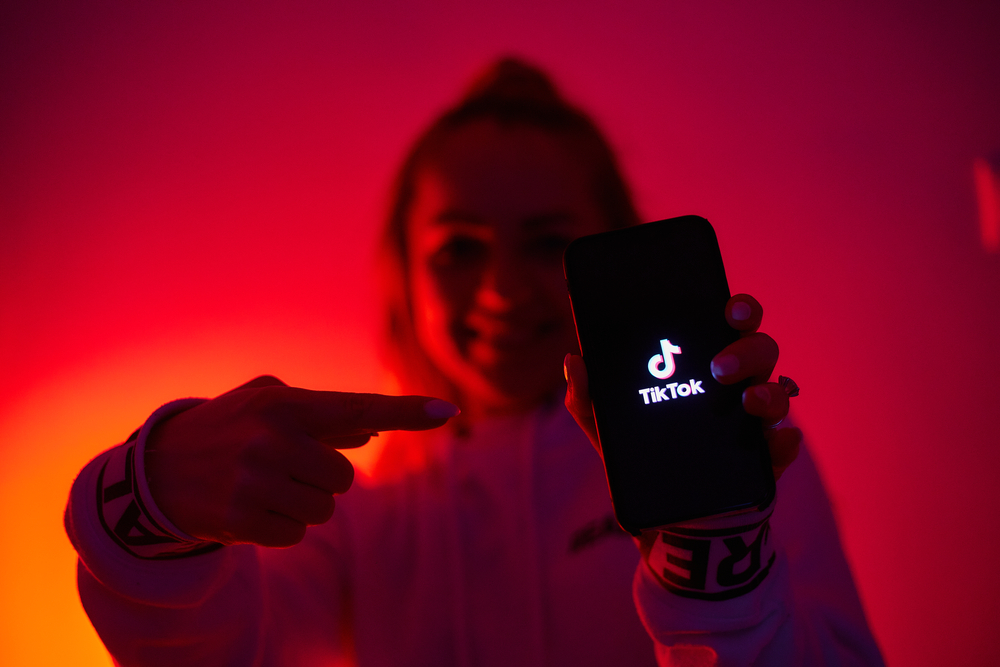
TikTok Faces Scrutiny in Brazil
In Brazil, TikTok is under investigation by the National Data Protection Authority for issues involving minors. There are suspicions that the platform collected and processed data from children and teenagers inappropriately.
Even before the investigation’s conclusion, the authority has ordered that the social network cannot allow access to its feed without users registering. Another directive is to enhance age verification mechanisms.
At the time, TikTok declared its intention to collaborate with ANPD, industry partners, and civil society to improve mechanisms and find solutions to the issues raised.
The Impact of Social Media: A Controversial Topic
In recent years, the effects of social media on adolescents’ mental health have become a widely discussed topic. For example, Meta was accused of hiding internal research that indicated Instagram was causing anxiety, depression, and eating disorders, particularly among teenage girls.
In the United States, the head of public health has urged Congress to authorize a message about the risks of social media, similar to those on cigarette packages, to be displayed when opening apps. Australia has gone further and wants to ban children under 16 from using the platforms.
However, there is no consensus on the matter. The Electronic Frontier Foundation, an organization dedicated to digital rights, believes that platforms can be beneficial in helping children and teenagers connect with others and find welcoming communities, overcoming issues of isolation and anxiety.







